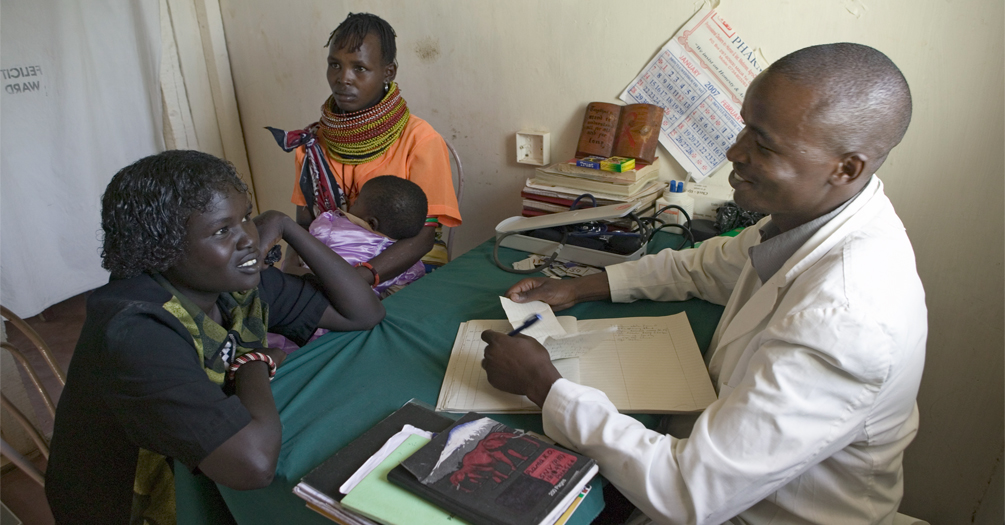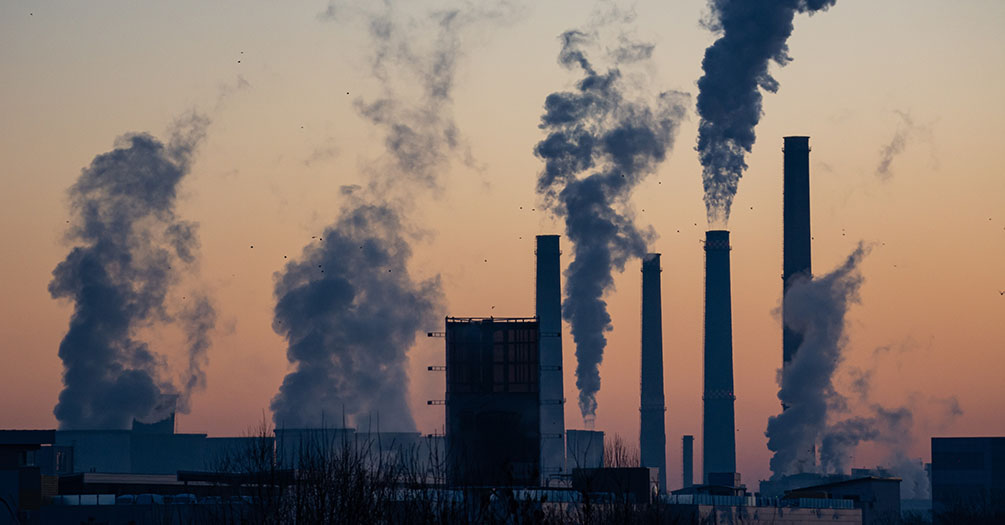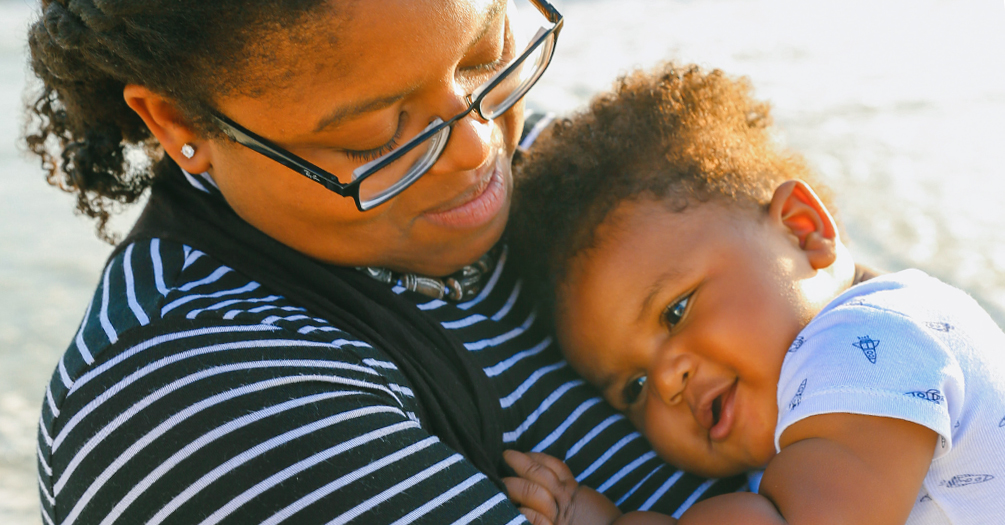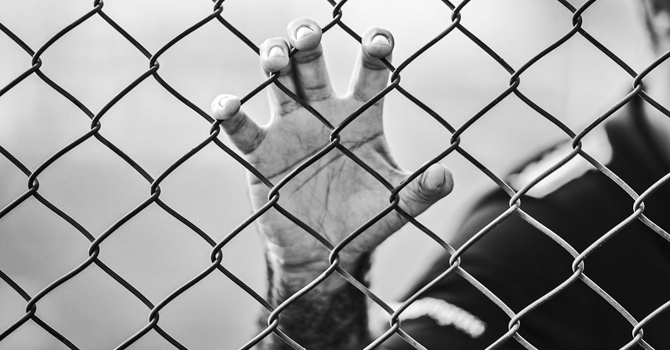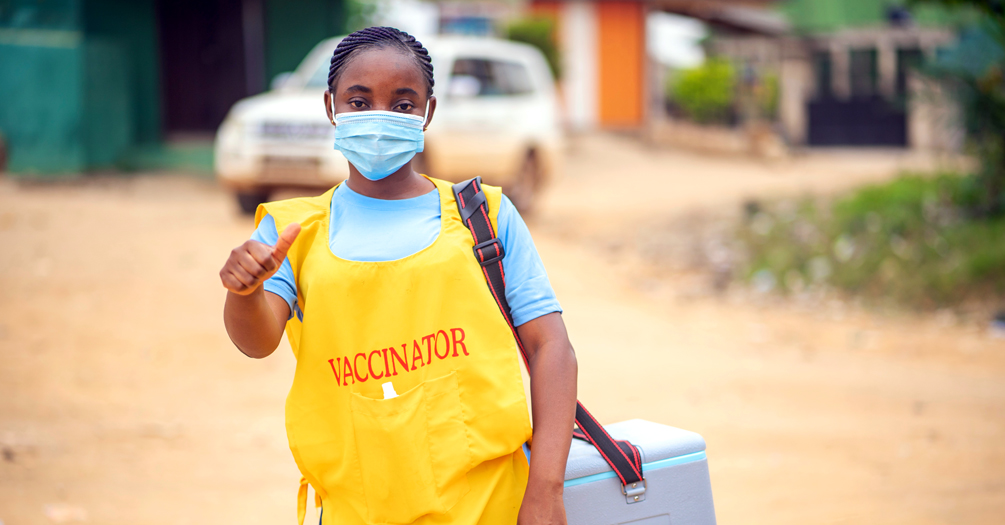
Is Africa Truly Free of Wild Polio?
Utibe Effiong, MPH ’14 and Uju Okeke
Without a case on the continent for several years, the World Health Organization declared Africa free of wild polio in 2020. But questions remain about the ability to reach remote areas for vaccination programs and for disease surveillance as well as questions around the security of infectious agents held in labs for research.

